#study tip
Text
Look, I knew five languages by age 19 and now I am learning like 3 more. I work as a language instructor and a consultant. If I can give language learners only one advice, this is it.
STOP LEARNING WORDS ON THEIR OWN.
You're doing yourself a disservice by learning lists of "30 words you must know!" "100 most common words!" like it literally means nothing if you cannot use those words in an appropriate context with proper grammar. So what you actually need to do is learn those words via example sentences.
Of course, sentences have more words so you may think you're learning less but you're actually learning the way to use it in context. That's what's important.
Language is about communication, which also means if you want to learn languages, you have to observe how people communicate with each other universally. Native speakers never have a list of words they know and they don't count every single new word they've learned. So why are you doing it to yourself? What native speakers do is listen to the new word, remember the context they're spoken in, and keep using that word in that context. And that's why people go "wait, you can use that word LIKE THAT?" all the time. So you, a language learner, are also allowed to do that. I'm not even saying those word lists are useless but they're the most useful AFTER you've known most of them and are trying to go over them for practice etc. Native speakers do click on those word lists to check out how many words they don't know or to remind themselves of those words or to learn some facts about each word. That should be your goal as well.
Learn sentences. Learn them in context. Do not fall into the "I must know xx amount of words or I'm a failure at language learning" trap perpetuated by bloggers or youtubers or whatever. Have fun with it!
#language learning#studyblr#langblr#100 days of productivity#chinese studyblr#japanese studyblr#korean studyblr#how to learn#learning#academia#academic#academics#language study#language#languages#study tip#study#study motivation
292 notes
·
View notes
Text
Stop over complicating your life and start watching educational kids shows on subjects you like while you clean and eat.
Like sure it might not go into complicated detail but you’re still going to learn basics. Learning another language? Go on YouTube and watch kids shows in that language.
#motivation#study#study tip#studygoals#study motivation#studyblr#langblr#polyglot#language learning#studyspo#studying#learning languages#language learning tip#science
789 notes
·
View notes
Photo

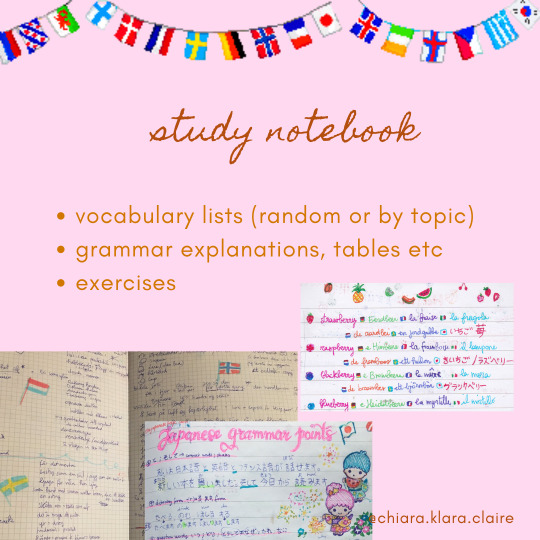

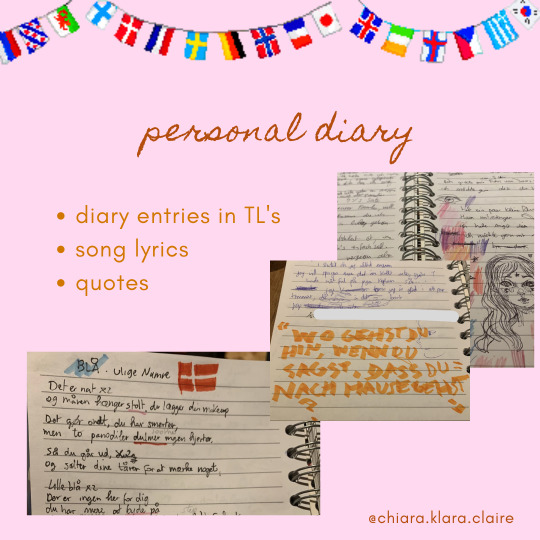

a little guide for those who want to use notebooks for their language journey!
#polyglot#language blog#notebooks#journaling#diary#language learning#foreign languages#langblr#studyblr#study tip#language tips#mine
341 notes
·
View notes
Text
Friendly reminder that you don't have to learn ALL the readings of a kanji, learn the most common ones and learn with context (the words that use that reading)
100 notes
·
View notes
Text
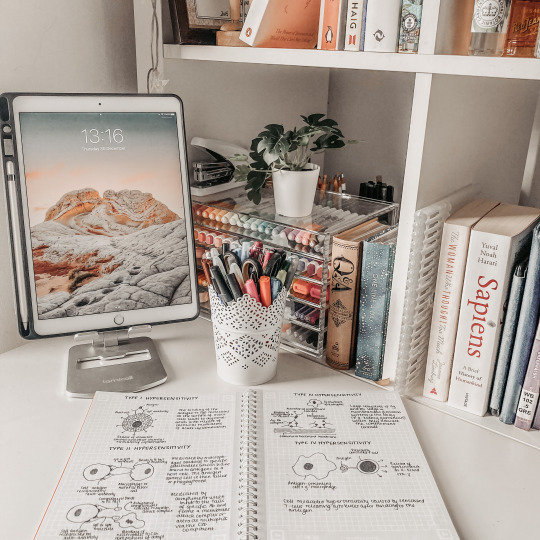
03.12.2023 // I recently had two interviews and now that they are over I have been hit by the amount of work I put off to prepare for them! my medical school finals are in under two months and somehow between then and now I need to learn the entirety of medicine (again)
#study#studyspo#studying#medicine#studykween#mine#notes#studyblr#studygram#photo diary#study tip#study motivation#studykweentips#study aesthetic#student life#study blog#medical#med school#med student#medblr#medical student
20 notes
·
View notes
Link
1. Lay a solid foundation with the 3 Japanese phonetic scripts : Hiragana, Katakana and Kanji
Flashcards or apps such as Anki are handy tools to make memorising phonetic scripts more efficient.
Besides being great resources for writing practices, trace sheets can also help familiarise you with the direction and order of strokes.
2. Use a textbook for structured learning
Textbooks such as Minna no Nihongo and Genki are great introductory resources that are typically used in a classroom setting.
For self-learners, Tae Kim’s Japanese Grammar Guide is a free online resource that goes in-depth on the technical aspects of grammar.
3. Get a good English-Japanese dictionary
For an accurate and user-friendly online Japanese dictionary, the comprehensive Jisho.org is your go-to.
Free and reliable, the dictionary app Shirabe Jisho comes with a handwriting function, which lets you look up new kanji characters even if you don’t know their pronunciation.
The app even allows you to bookmark words and categorise them into different folders – a great feature for revision when words slip your mind.
4. Passively listen to get used to the language
Passive exposure alone will never get you to native-level fluency. But it can certainly get you familiarised with language nuances, especially sounds, sentence structures, grammar, and or even the latest slangs.
Exposure can come from anywhere. Whether it’s an anime or a Japanese drama series, the time spent on listening to dialogues in your downtime can be a great supplement to your active learning over time.
5. Read Japanese on a daily basis
Made for children and Japanese language learners, NHK’s News Web Easy uploads four simplified news articles per day with audio, furigana (small kana characters that are printed above kanji), and a link to the original article.
If reading four articles daily is no sweat for you, we recommend downloading Language Learning With Netflix. It’s a chrome plugin for the streaming site that displays both Japanese and English subs at once.
6. Maintain a consistent study schedule
Rather than cramming everything in one sitting, spread it out to 25 to 30 minutes a day. Studying in short periods at a time also means that you can utilise your down time in your busy schedule to look up the meaning of a word, or learn a new grammar rule, instead of having to allocate chunks of time for it.
7. Consume native materials extensively
Read Japanese novels by your favourite author for leisure, newspaper articles about current affairs you’re passionate about, or even sing along to the latest songs in Japanese – anything that piques your interest.
Consume them regularly, and without even noticing, you’ll eventually get better and be well on your way to native fluency.
8. Working on your pitch accent
Besides materials that use “standard Japanese”, consider venturing into podcasts, radio, and variety shows that provide a treasure trove of casual Japanese spoken in daily life.
Anime podcasts such as the Spy x Family podcast or Jujutalk, a podcast for Jujutsu Kaisen, are hosted by the voice cast and uploaded onto Spotify weekly.
9. Practice, practice, practice
One easy way to get over this hurdle is to find a language exchange partner through apps such as HelloTalk or Tandem.
This way, you can slowly get used to speaking in and listening to Japanese, knowing that everyone is there to learn, and that it’s normal to make mistakes.
#learn japanese#japanese language#learning japanese#study japanese#japan#hiragana#katakana#kanji#study tip#language study#the smart local japan
383 notes
·
View notes
Text
there's some magic in the Gully Boy soundtrack because I was listening to it for the first time and oh my shining stars I was able to crank out the latter half of an 1800 word essay due tonight
#I am typically a fast typer to begin with but it was bananas it was like everything clicked into place and I was able to just zoom#like Mario music but calm#maybe I need to listen to more rap and less lo-fi jazz and k-pop when writing essays 😆#but it has to be rhythmic music in other languages#if it's English then Listening Mode engages#certain musical theatre albums I can just tune out because I have heard them zillions of times#I was listening to Gully Boy through one of those YouTube videos where it's the whole soundtrack in one video#many thanks to my friend who was discussing it on here the other day as they were lamenting that it was removed from Spotify#I need it on Spotify and SOON#the friend in question is#@theinfinitedivides#also known as#heyhalla#I guess this is a#study tip#because it worked for me!
6 notes
·
View notes
Text
Essay/dissertation writing tip: just sit down a type up a vomit draft of a section of anything! First drafts are made to be messy. Write informally, write with spelling mistakes, just keep typing! Don't worry about writing the finished piece and writing it perfectly, just write something for now
#vomit draft#study tip#my posts#studyblr#essay writing#dissertation#ive been doing this the past few weeks starting some of my master's dissertation#i was getting so worried about all the sections and how I'll have it in the final edit#but i decided it doesnt matter i can move things around later - but i should just type a first draft!!
4 notes
·
View notes
Photo
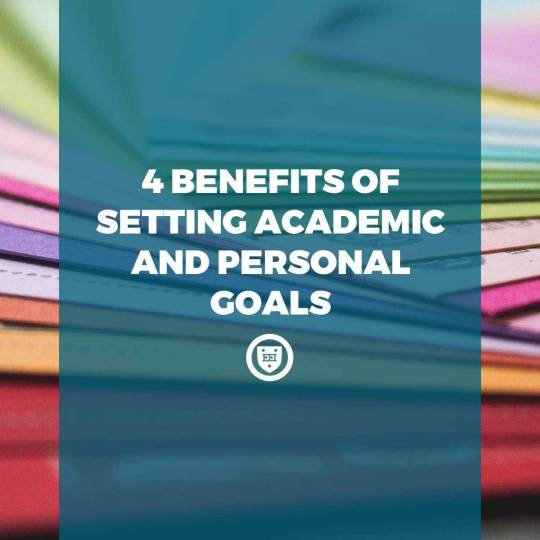
Your life contains infinite possibilities and, therefore, infinite choices. Fortunately, infinity tends to become way more manageable when you intentionally sift through it, looking for what excites you and for what can enhance your quality of life. Then, if you write down your favorite ideas, you’ll have something finite to work with. You’ll be able to literally witness the beginnings of motion and direction taking form where there was once only a nebulous cloud of uncertainty.
Once your goals emerge, you will be on your way to living your best life. Let’s look at some key benefits you’re likely to experience by setting goals:
1. You Get to Discover New Options—and Yourself 🪞
Without deliberately writing down your desires, you’re more likely to overlook much of what life has to offer you. Exploring, whether through talking to others or doing some online research, can reveal possibilities you have forgotten about or never knew existed. Feel free to be creative and have fun as you brainstorm. Devise categories, graphics, priorities, etc. The following questions will hopefully help jumpstart your thinking:
What do you like to do physically?
What hobbies are you interested in?
Do you want to develop a skill?
What projects you want to accomplish?
In what way would you most enjoy helping others?
Do you want to save a certain amount of money for something?
What are your academic goals, short and long term?
As you identify more and more of what brings you joy and excitement, be open to ideas you wouldn’t think you’d be interested in. Cast everyone else’s opinions out of your head and give yourself permission to write down whatever you want.
2. You Develop More Focus 🧘🏻♂️
After writing down everything that seems appealing to you, look for patterns. What themes do you see? What types of personality traits or skills seem to recur? Focus on these ideas as they are most likely to represent the authentic you. Pick a manageable number of goals, maybe three short term and three long term, to develop first. Then write down one action step you can take today to move a little closer toward a goal. Even the smallest step will establish direction and momentum.
3. You Gain New Motivation to Move Forward 🏃🏻
With goals, you are no longer just going through the motions of attending class, studying, and doing whatever else you think is expected of you. Rather, you have a self-generated source of motivation. To tap into it, try writing down why you want to accomplish certain things. Is it to feel a sense of purpose? To feel joy? To make money? To make family, or yourself, proud? Knowing the reasons behind your desires adds a new dimension of power that you can circle back to when you feel yourself slowing or veering off track.
4. You Can More Easily Keep Track of Progress 📝
Goals can also serve as progress markers, kind of like checkpoints along the route of a race. Without knowing where you are going, you have no way of knowing how far you’ve come. And without knowing how far you’ve come, you have a greater chance of losing focus and drive. Plus, little goals can help turn a big, daunting task into a few no-big-deals, keeping you laser-focused and feeling good.
Try to remember, as you set and meet and reset goals, to keep patting yourself on the back. Everyone takes little detours now and then, but know that you are making your life, and really the world, a better place with every step you take toward reaching your goals.
2 notes
·
View notes
Text
one of the biggest things I can advocate for (in academia, but also just in life) is to build credibility with yourself. It’s easy to fall into the habit of thinking of yourself as someone who does things last minute or who struggles to start tasks. people will tell you that you just need to build different habits, but I know for me at least the idea of ‘habit’ is sort of abstract and dehumanizing. Credibility is more like ‘I’ve done this before, so I know I can do it, and more importantly I trust myself to do it’. you set an assignment goal for the day and you meet it, and then you feel stronger setting one the next day. You establish a relationship with yourself that’s built on confidence and trust. That in turn starts to erode the barrier of insecurity and perfectionism and makes it easier to start and finish tasks. reframing the narrative as a process of building credibility makes it easier to celebrate each step and recognize how strong your relationship with yourself can become
#this is my experience so I know it won’t work for everyone#like all things there is no universal formula#we all have different capacities and capabilities#but I like sharing things that work for me in case they can also help someone else#studyblr#study motivation#study tips#university#academia#uni tips
15K notes
·
View notes
Text
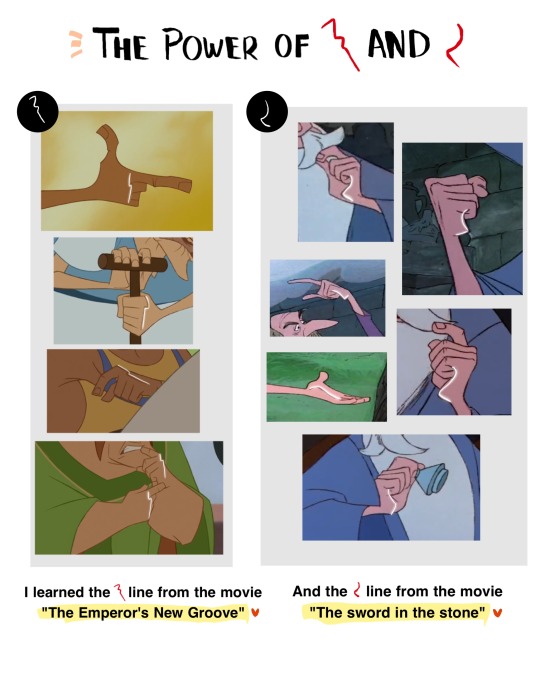


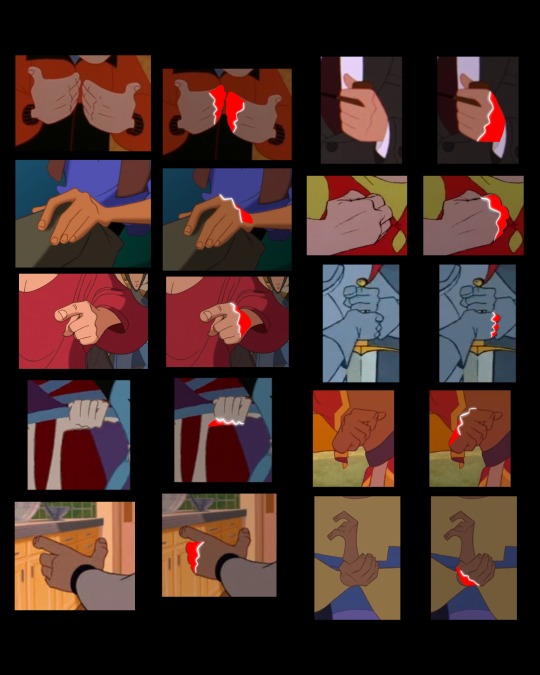
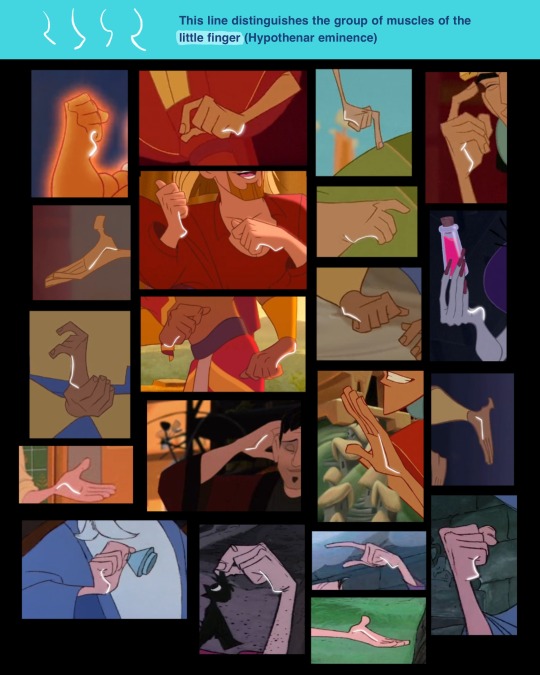
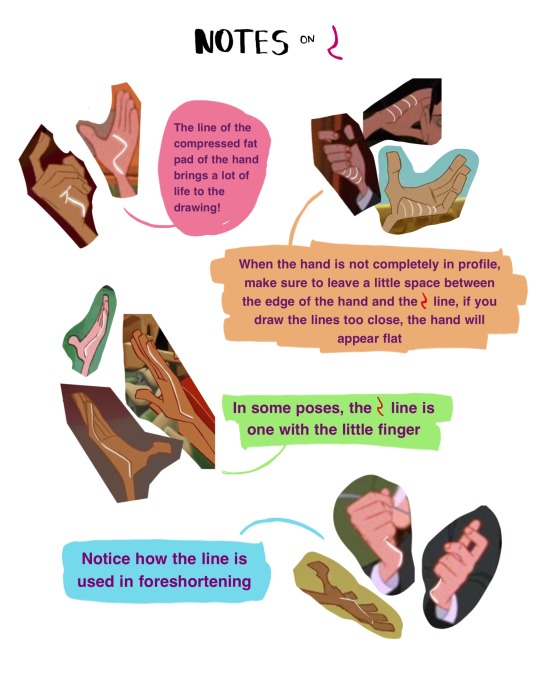
Support me on PATREON or Ko-fi 💕
92K notes
·
View notes
Text

this is not a tutorial this is just me rambling
#art#art study#reference#painting#hands#digital art#illustration#bipoc#poc#black#black art#dark skin#information#art tutorial#art non tutorial#artists on tumblr#art tips#sketched this in january so its gotta leave my head someday
21K notes
·
View notes
Text
If you aren’t taking care of yourself then of course you’re not meeting your goals. Your body needs nutrients. Your feet and legs are tired and dry, massage and moisturize them. After long days at work, your back is going to hurt and if you are able, yoga will help fix that.
Meeting goals required a certain amount of self respect, self care, and self discipline.
#motivation#spoiled heaux#hypergamous#hypergamy#spoiled girlfriend#manifestation#luxury aesthetic#study tip#studygoals#studymotivation#studyblr#harusclass
1K notes
·
View notes
Text



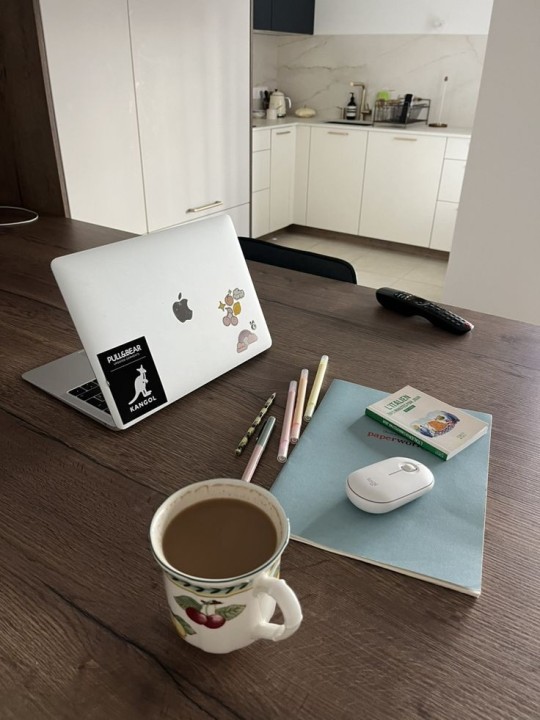
Once you learn something, make sure you stay up to date.
#study#study hard#study blog#study desk#studying#student life#books & libraries#studyspo#studyblr#study aesthetic#light academia#study space#student#aesthetic#study motivation#study inspiration#study inspo#study with me#study tips#study notes#school#studygram#studyblr community#studystudystudy#studyinspo#books#bookworm#booklr#university#100 days of productivity
4K notes
·
View notes
Text
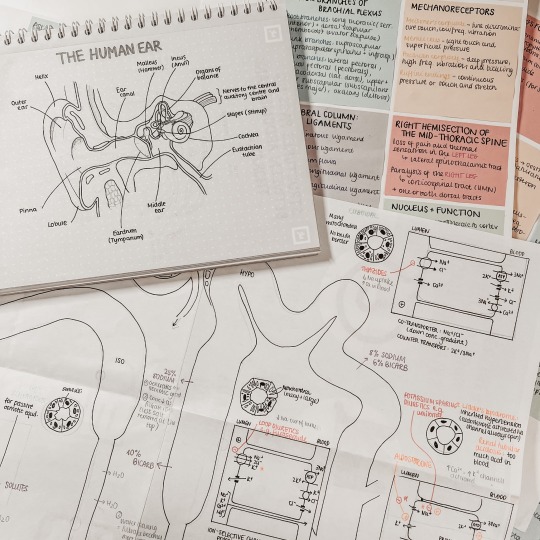
#photodiary#photo diary#mine#study tip#study hard#study#studying#study motivation#study tips#studykween#pastel#pastel aesthetic#aesthetic#dark academia#academia#medical school#medical student#medicine#medic#med school
55 notes
·
View notes
Text
Best studytip i ever saw was this girl momo on ig and she said to record urself studying like make a timelapse and then u cant go on ur phone and u cant leave and then u have a nice satisfying video to watch after like its great
1 note
·
View note